Struggling with your Emotional Wellness?
Just what is emotional wellness (EW)? Well, there have been many definitions put forward, and other components have been added in recent years (e.g. mental health is now sometimes categorized in the “emotional wellness” area), so to put a pin in just one, I find to be tricky.
So, to give us a starting point, this is often described as being the ability to handle life’s challenges, and/or the ability to adapt to change. For me, I often think of EW as being able to stay grounded in the face of challenge, or being able to keep fairly even keel day-to-day, and when under stress.
AND, this is equally important, emotional wellness is also the ability to recognize, sit with and honour the hard stuff, those really tough emotions. That might sound contradictory to what I mentioned above, but we often hear terms like “positive vibes only” or hear the suggestion of using a gratitude journal to help manage our emotions. In these situations, we walk a fine line between choosing positivity and actually avoiding hard emotions, or using a gratitude journal and using the often employed “at-least-I-don’t-have-it-as-bad-as…..” or “I-have-a-lovely-home-so-who-am-I-to-feel-badly-about…..” strategies, instead of validating your emotions.
When we don’t acknowledge how we’re feeling, we might be able to avoid it for a while, but I guarantee you that these unresolved and unrecognized emotions will express themselves elsewhere. Have you ever snapped at someone, which was a response that surprised even you? Well, that just might be some emotion that you haven’t allowed yourself to sit with and process that comes to the surface when least expected.
So how do we work towards being emotionally well?
I first segment into an acute response strategy and a chronic strategy. The acute response is the immediate or “in the moment” strategy while the chronic is ongoing and longer-term. Here are some thoughts to support your emotional wellness that I’ve employed myself and have seen work well with clients.
Acute Strategy:
-know your triggers. What prompts you to “lose your cool”? Be aware when these triggers are present.
-prepare your reaction. Meaning, if presented with one of these triggers, or even when something happens suddenly, and you begin to recognize your emotional response (see next point), what will you choose to do? Remember, the first 10 seconds, we have no control over. If someone jumps out of the closet, you’re likely to feel a brief moment of fear, right?
We’re focused here on what happens after that immediate reaction. That is, how to move out of that state of fear or anger. For me, I choose a deep breath, and I ask myself, what is the outcome needed here, and how can I best react to be in line with that outcome and my values.
-what is your emotional response, that’s mentioned above? That is when you’re moving towards losing your patience, what do you experience? For example, I know I hold my breath and/or make my breathing more shallow. So, hence my deep breath response. It is important to know what your physical reactions are, so you can become more aware of escalating emotions, and employ your prepared reaction above.
Chronic Strategy:
-do not suppress your emotions. Holding things in only makes matters worse. Try to name your emotions, and think of more than just one word at a time. Emotions aren’t “bad” or “good” they just “are”. They alert us to what we’re thinking and feeling. For example, anger might actually expand into the fact that someone is feeling fearful or unsafe. Think about how different situations would be if someone could actually name that they are fearful in addition to or instead of angry.
-take care of yourself! I can’t stress this enough. Ensuring that you get enough sleep, hydration, movement and proper nutrition are all key to being emotionally well
-plan for downtime. We are constantly on the go, sometimes physically, but more often mentally with all of the information that comes at us, at lightning speed! You need time to rest your body, mind, and your spirit.
-get a coach! Having someone to help you move towards being emotionally well can be irreplaceable!
-if there are unresolved emotions from your past, explore therapy.
If you’d like to discuss these strategies further, or any other challenges you’re moving through, please do not hesitate to book a free call to help move you closer to what you’re after! Book here!
Stay well friends,
Deanna
